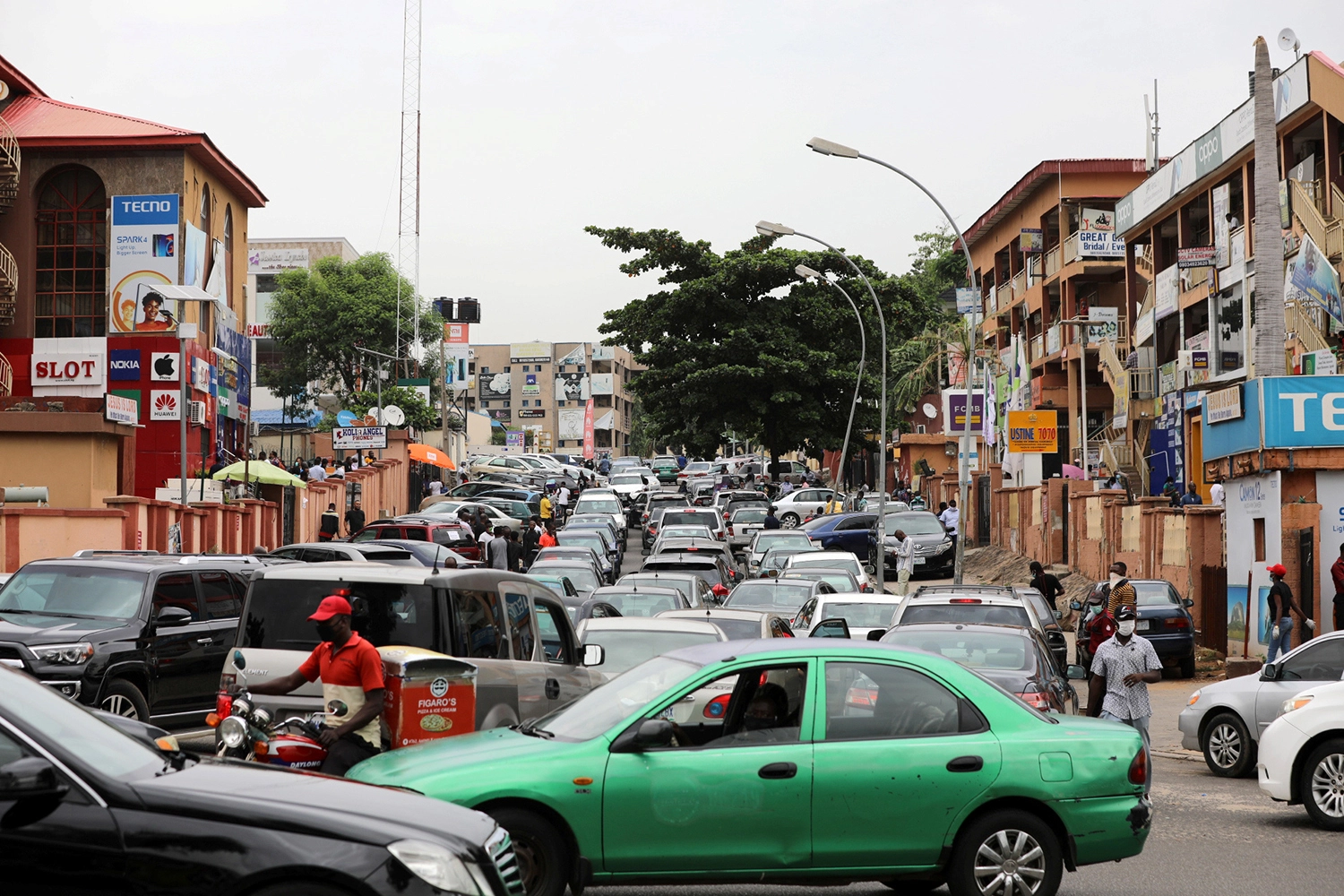Hardship: FCT commuters, taxi drivers decry cost of living crisis
As the cost of living increases in the Federal Capital Territory, commuters and taxi drivers have expressed frustrations over the strain on their wallets. They spoke in an interview with the News Agency of Nigeria (NAN) on Sunday in Abuja. According to them, the sharp rise in the cost of necessities is hitting residents hard, […]

As the cost of living increases in the Federal Capital Territory, commuters and taxi drivers have expressed frustrations over the strain on their wallets.
They spoke in an interview with the News Agency of Nigeria (NAN) on Sunday in Abuja.
According to them, the sharp rise in the cost of necessities is hitting residents hard, prompting concerns about the affordability of daily life in the nation’s capital.
Ms Ekaite Akpan said commuters relying on public transportation felt the pinch more, with bus fares escalating in tandem with the increased cost of fuel and other essentials.
- We’re yet to see naira gain – Nigerians
- DSS arrests El-Rufai’s ally over Facebook post against Gov Sani
Akpan, a civil servant said: “every day, I struggle to afford transportation to and from work.
“The recent surge in bus fares has placed an additional burden on my already tight budget, making it increasingly difficult to make ends meet.”
Another civil servant, Mr Chukwudi Onuba, reiterated the need for the Federal Government to redeem their promise of providing buses that would help ameliorate the plight of commuters in the FCT.`
Mr Godwin Tingir, an office assistant, called for government intervention to address the rising cost of living in the territory.
Tingir said: “In less than a week from now, many schools will be resuming from the Sallah holidays and you know what that means? Time to pay school fees.”
Mr Shina Bello, a taxi driver, lamented how he and his colleagues were also grappling with the economic fallout of rising living costs.
Bello said: “we understand that fuel prices have risen. But the subsequent increase in the cost of living has made it exceedingly difficult for us to sustain our livelihoods.
“In spite of the uptick in fares, our earnings are barely enough to cover expenses, let alone turn a profit.”
Another driver, Obinna Obiekwe, said many Nigerians were feeling the squeeze of increased living cost on their disposable income.
Obiekwe said, “With prices of essential goods and services on the rise, families are being forced to tighten their belts and prioritise spending.”
Meanwhile, a financial expert, Francis Adams, said in response to the mounting pressure, there was an urgent need for measures that would alleviate the financial burden on residents.
Adams said it was crucial for relevant authorities to implement policies aimed at curbing inflation and stabilising prices of essential commodities in the country.
“The current economic climate is unsustainable for ordinary citizens.
“We need decisive action from policymakers to address the root causes of rising living costs and ensure that the welfare of residents is safeguarded.
“The plight of commuters and taxi drivers serves as a stark reminder of the challenges facing ordinary Nigerians in the face of economic uncertainty, especially with the rising cost of living,” he said. (NAN)
